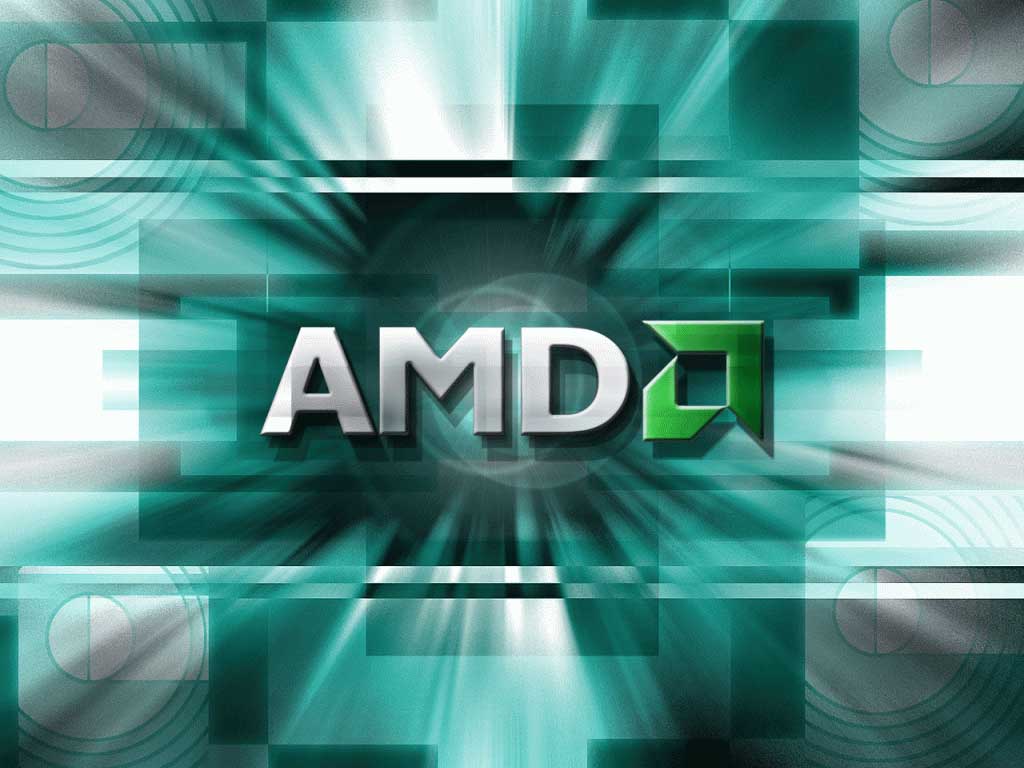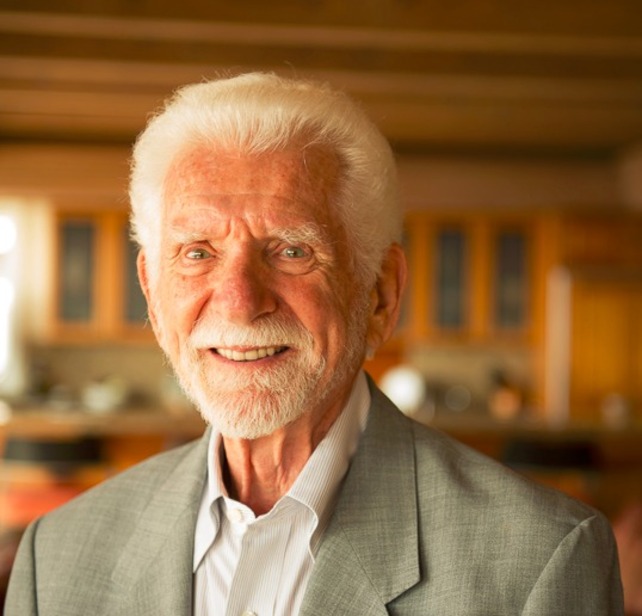AMD: slate PCs are a false religion
Tegra toting Nvidia hails slate revolution but AMD isn't convinced

Sign up for breaking news, reviews, opinion, top tech deals, and more.
You are now subscribed
Your newsletter sign-up was successful
A slate or a tablet – call them what you will – but PC makers have become obsessed with the possibilities presented by laptops stripped of their keyboards.
A slew of the industry's biggest and most influential PC makers announced slates at CES in Las Vegas. Along with the devices came true Vegas hyperbole.
Summing up the dazzling launch of its slate powering Tegra processor, Nvidia's Co-founder and President Jen-Hsun Huang boomed: "2010 is going to be the beginning of the tablet revolution."
Rival AMD isn't convinced. For one, human concerns mitigate against this third way in computing. Speaking exclusively to TechRadar, Godfrey Cheng, Director of Technical Marketing at AMD's Graphics Product Group.
" Will they [slates] completely replace notebooks? I don't think so. For one reason. The [user interface]. Notebooks… are very intuitive… very easy to use… and quick to type on. With tablets you do a lot of writing… and the best handwriting algorithms would not recognise my handwriting."
His doubtful sentiments were backed up by Asif Renham, AMD's Marketing Manager Graphics Products Group for mobile claimed: "[Every year at CES] there is a new religion. Last year it was mostly notebook."
When asked if he believed in this new religion he replied in the negative: "OEMs come out with new features and the market drives new them [not customer demand]…The normal notebook will remain dominant.. and the tablet will be a niche."
Sign up for breaking news, reviews, opinion, top tech deals, and more.

Martin Cooper is a pioneer in the wireless communications industry, an inventor, entrepreneur and executive. He has had been a contributor to the technology of personal wireless communications for over 50 years He conceived the first portable cellular phone in 1973 and is cited in the Guinness Book of World Records for making the first cellular telephone call. Cooper knew then that people needed the freedom that comes from anywhere, anytime telephony in contrast to being tethered to a desk or a car. He has been referred to as the father of portable cellular telephony and is recognized as an innovator in spectrum management.